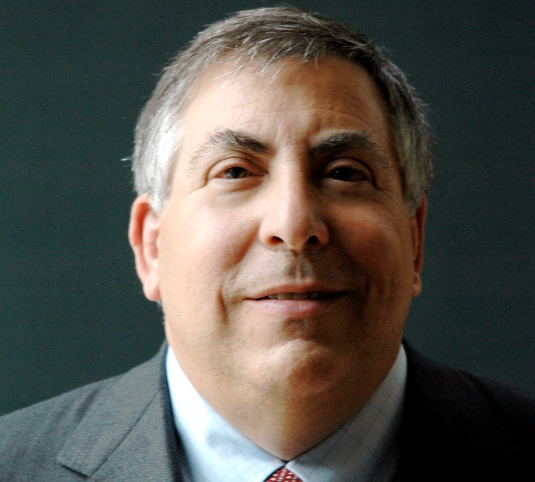
Still reeling from the unprecedented disruption of COVID-19, sustainability is on the collective mind of the global family business community in a way that would have seemed alien only a month ago. According to Dennis Jaffe, author and family office consultant, such upheavals are a potent reminder that family business sustainability is a moving target, and hitting that target requires a continuously expanding knowledge base.
Crises are an opportunity for growth; there is much to be gained from looking at companies under their third or fourth generation of leadership – centuries-old businesses that have survived similar periods of crisis. Luckily, some of Jaffe’s most recent work has involved collating their stories.
For more than four decades, Jaffe has worked as both an organisational consultant and clinical psychologist, helping multigenerational families engage in best practices to ensure the long-term viability of their enterprises. His latest book, Borrowed from your Grandchildren: The Evolution of Stewardship in 100-Year Families, is an in-depth survey of the factors that contribute to longevity.
Borrowed from your Grandchildren is less of a how-to manual and more of a collection of shared wisdom from families that have gone the distance – a wealth of insight into the experience of enterprising generations. While the families Jaffe surveyed may not yet have survived the economic fallout of COVID-19, they have survived other crises over their operational tenures, and much can be learned from their resiliency.
Regardless of industry or geography, some clear patterns – indicators of family business success through both periods of crisis and relative normalcy – emerge. They are:
Harmonious Dynamics
Successful multigenerational family businesses tend to have healthy relationships between the principal owners. Often, they are united by a common goal beyond financial success; their values bind them together and keep them on track.
“Because they want to turn the business and wealth over to their children and their grandchildren, they often have a long-term perspective built on shared values beyond just making money.”
Continued Productivity
Generally, the subsequent generations of successful multigenerational family businesses are actively building wealth rather than just living off it. Determined next-gens look for meaningful ways to put their families’ fortunes to good use.
“By the second or third generation, they had accumulated more wealth than they could ever imagine, and they began to start asking themselves value questions. What is it for? What do we want to do with this? […] What does it mean to invest in creating a great family.”
Long-termism
There was a point when conventional wisdom said that family businesses had to learn to be more rational. This meant looking at the world through a ‘strictly business’ instead of a ‘family first’ lens, which often involved focussing on short-term gains. According to Jaffe, that mindset no longer holds water in the 21st Century.
“Now we’re saying large corporations can learn from family businesses by developing more long-term thinking. They can look to reinvesting money; they can get a clearer picture of their financial values.”
The Generative Alliance
With each generation comes strengths that the previous generation does not necessarily have. For example, the founding generation are brilliant entrepreneurs but struggle to adapt their business to a digital economy. Often, they are sceptical of practices that were never before part of the business model, and this can create generational conflict within the family business.
Jaffe has discovered that the most successful operations find a way to combine generational strengths in what he calls the Generative Alliance.
Not only does each generation bring its strengths to the alliance, but they are also willing to collaborate. In the Generative Alliance, Jaffe most commonly sees successful founders reinvesting the money they make while the second generation brings in a measure of innovativeness. Second-gens bridge the gap between the first and third generation. The latter are consummate innovators capable of adapting to a business landscape that’s become almost unrecognisable.
“These tend to be people who are educated all over the world, and they can tell their parents, this is what we need to do to invest in the future.”
Jaffe believes that innovation led by family-owned businesses will be especially important as the world resets after the pandemic.
“Families have a lot of work to do over the next year,” he said. “They’re going to have to look around and say, how can we use the values and the resources that we have to make an important difference in the world today and for the future?”










